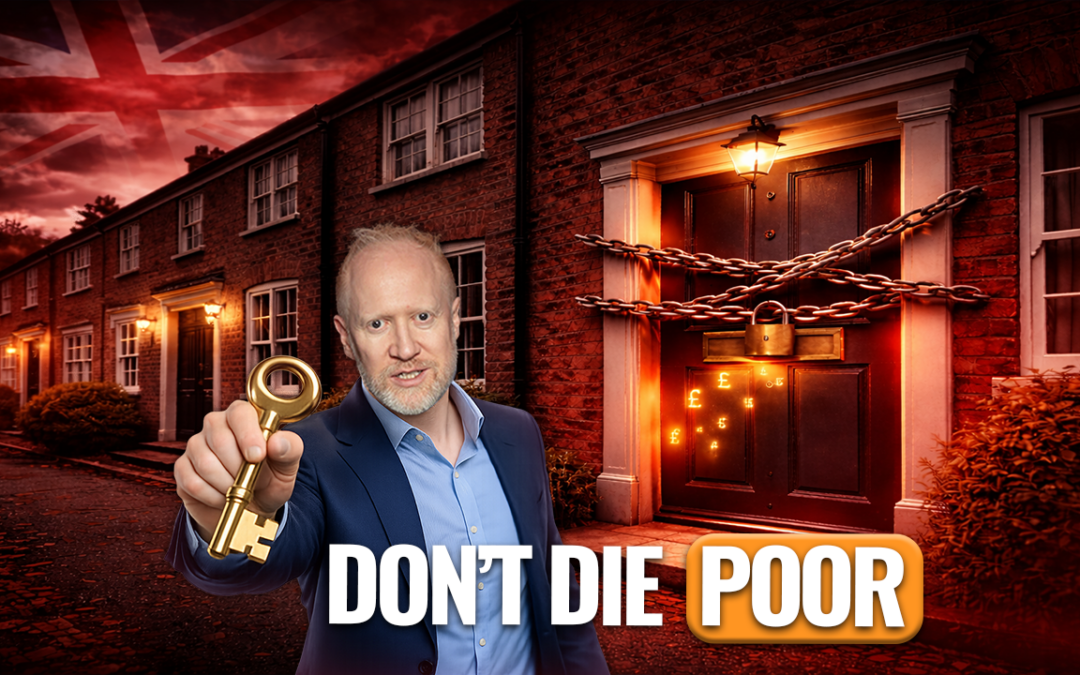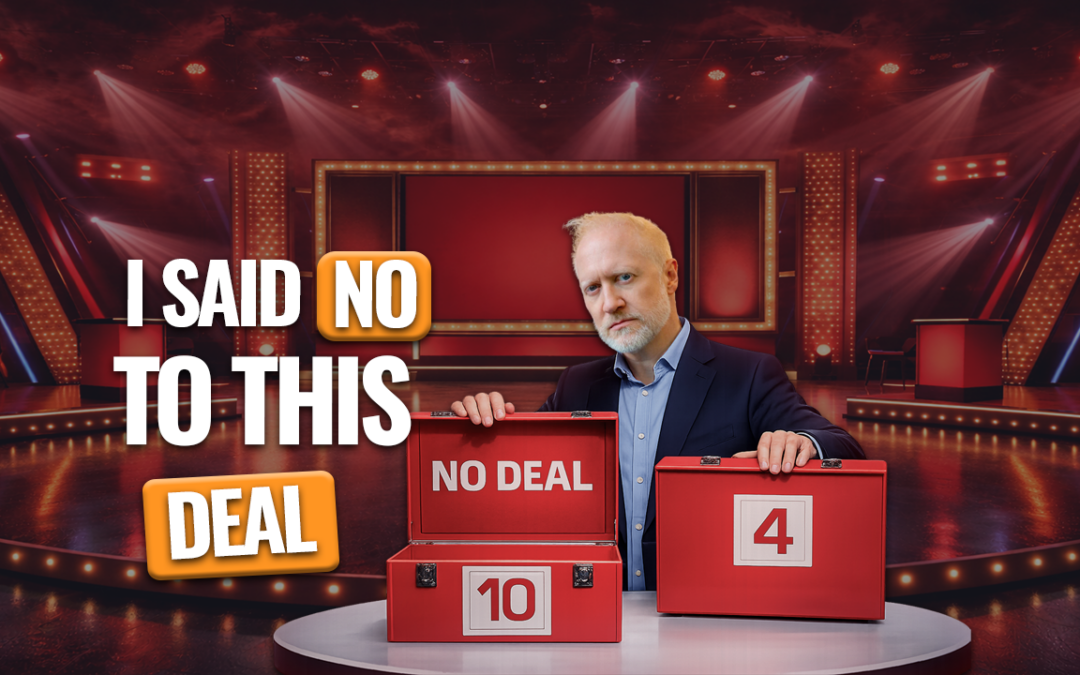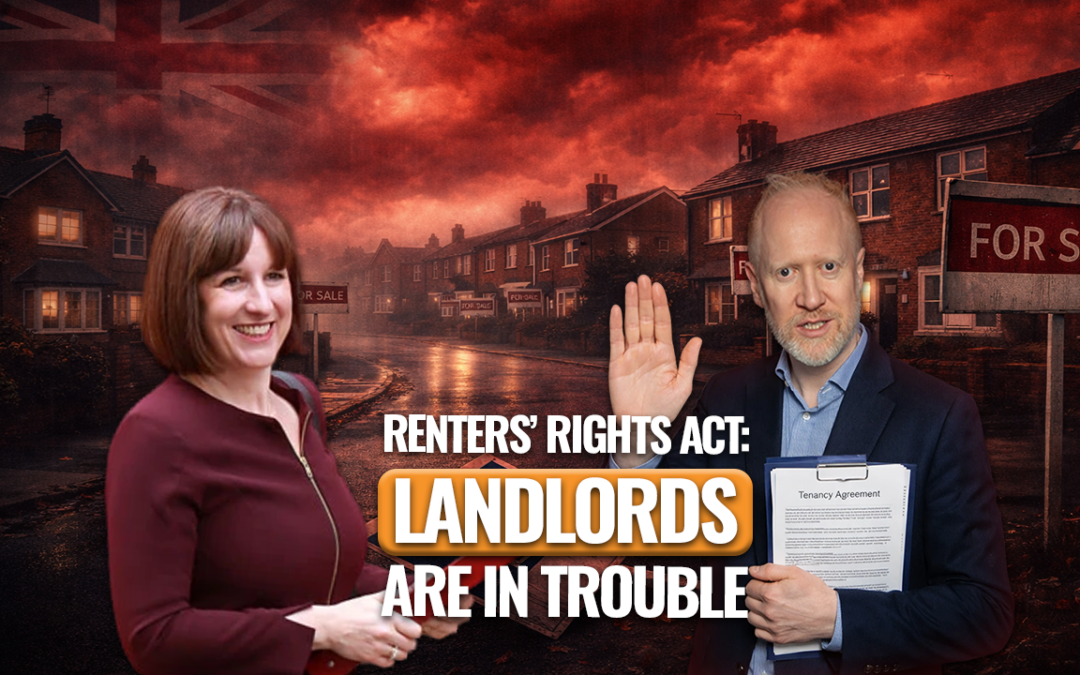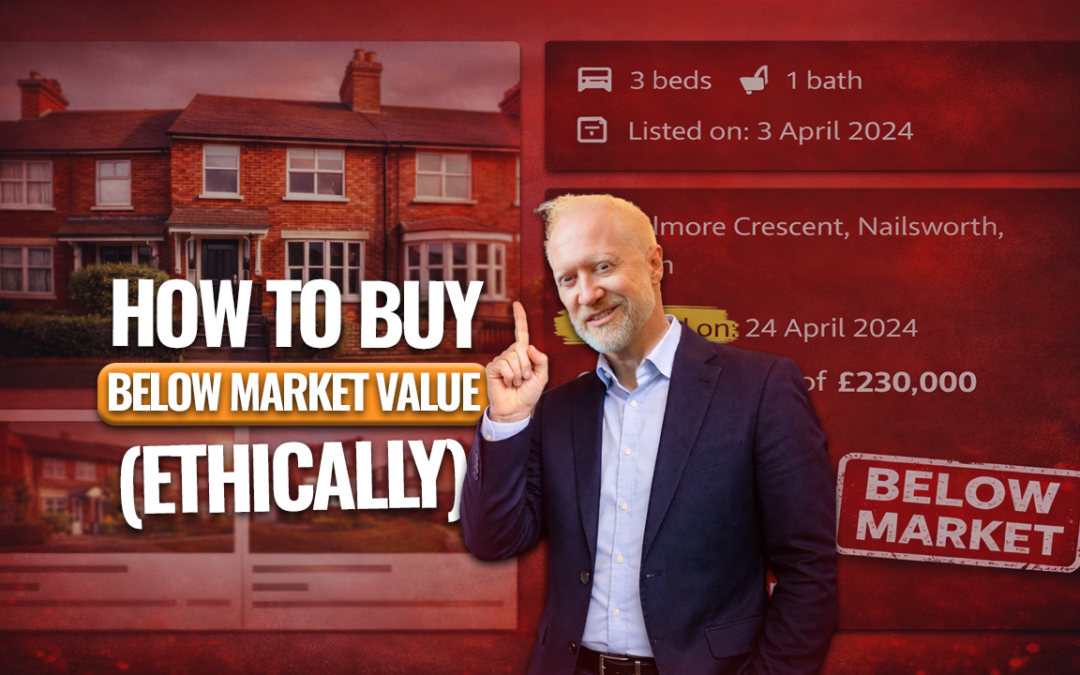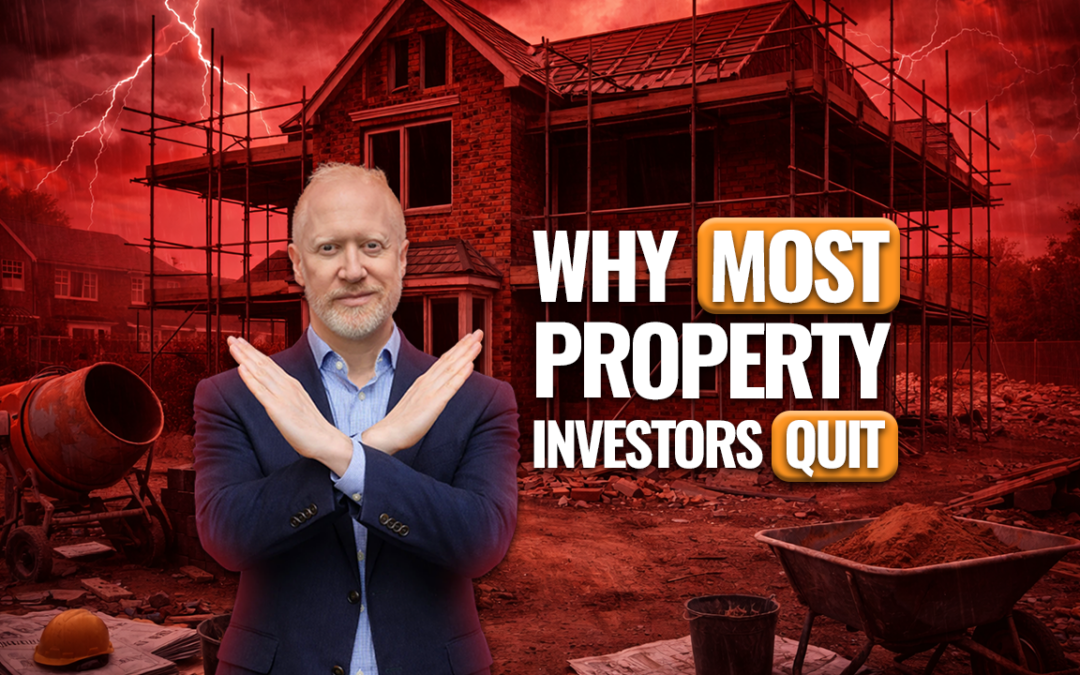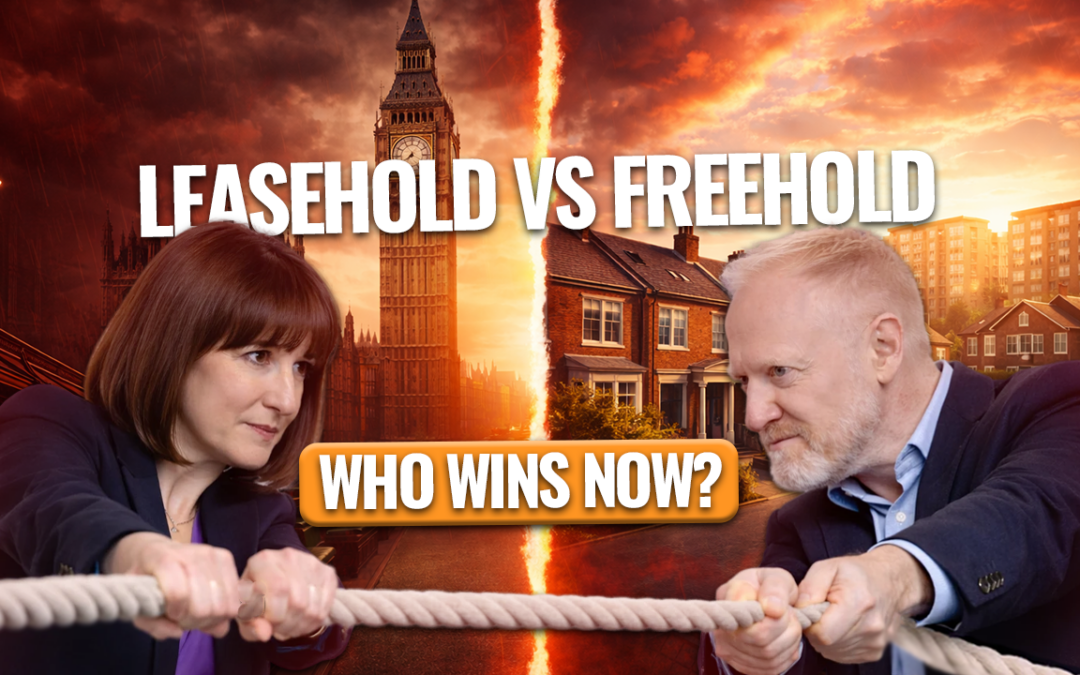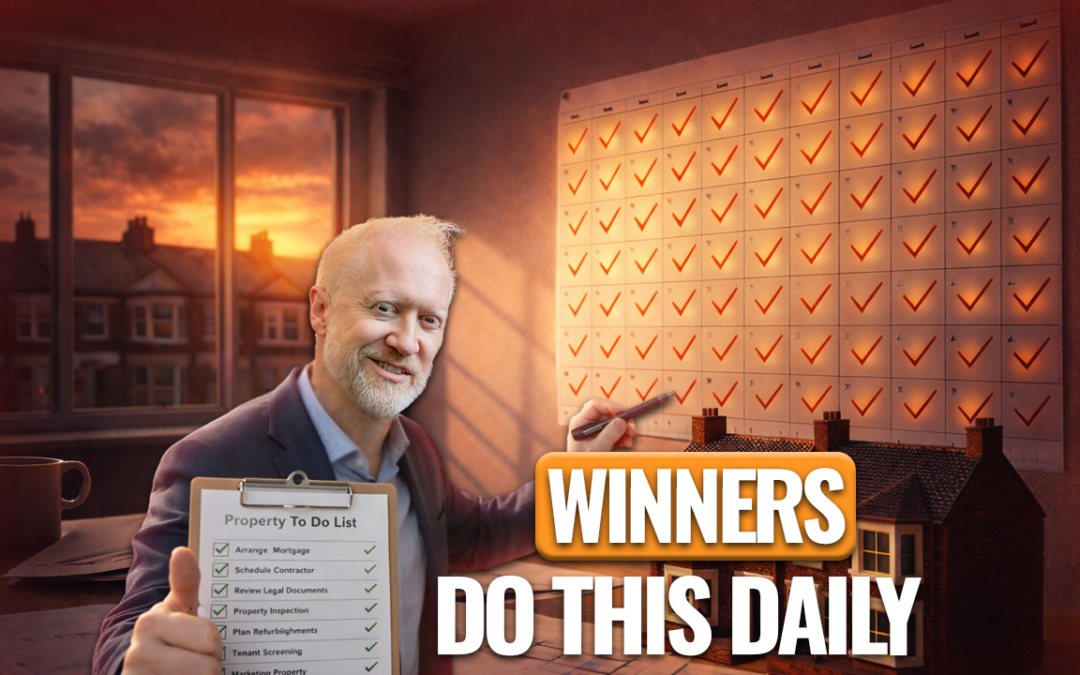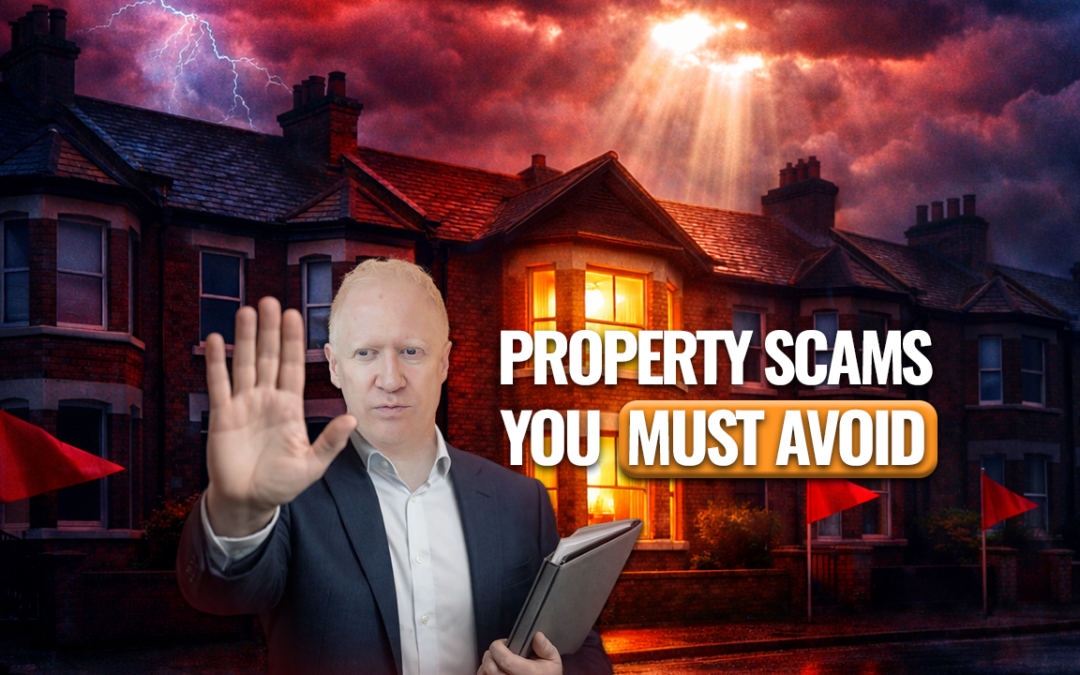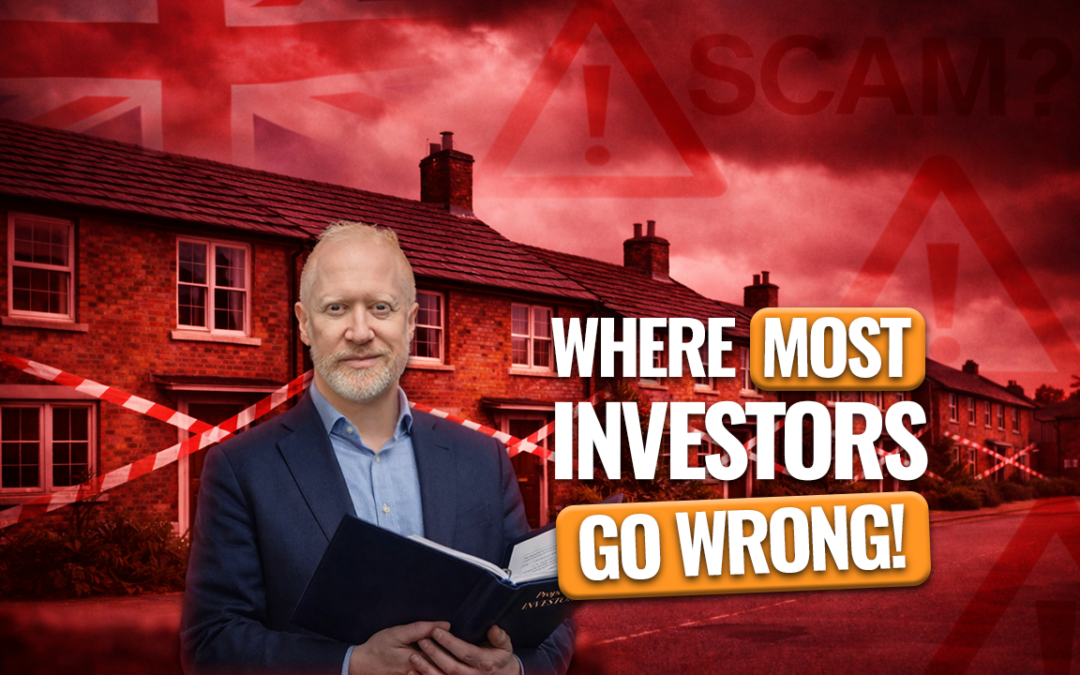n this blog, I’d like to share with you Buy to Let basics, i.e. ‘Property Investing for Beginners’. So this really is aimed for people who don’t have any investing property just yet, or maybe they’ve only got one or two and like to learn how to do it properly. I want to go over the basics, and give as much information as I possibly can.
First of all, you might think, well why on earth should I be investing in property? When you do it correctly, property can give you an extra income stream, maybe even enough to replace whatever you’re earning at the moment from your job or business. That’s what I was able to do in 2001. I was able to leave my senior management position at Cadbury’s in Birmingham, the chocolate manufacturer, because I had enough money to cover all of my living expenses. I hadn’t completely replaced my income, but I had enough to make the choice and the decision to leave my full-time work.
By 2008, I’d completely replaced my former salary. It took me 8 years from 1995 up to 2003. Many of my students using my formula and strategies managed to achieve it much quicker than I did. I hope you can also do that as well. So replacing your income is a pretty good goal to go for first of all. But the other reason for investing in property is that you can buy an asset.
Which by the way, someone else can cover the cost for, because the whole point is this is different from your own home. You’re going to rent this property out to someone else, they’re going to cover the insurance, the mortgage, the maintenance, all of the costs and give you some profit if you do it correctly. The value of that property goes up over the long term. In the UK, typically property prices double on average about every 10 years.
“Over a long enough period, property prices on average double every 10 years.”
Listen carefully to what I’m saying. I’m not saying they do double every 10 years. It kind of depends what 10 years you look at. But over a long enough period, property prices on average double every 10 years. You can go onto Google, you could type in land registry house prices, and go and check it for yourself. You’ll see over the last 60 years or so, that’s absolutely what’s happened. I started in 1995.
The very first house I bought was my home that I lived in. I bought it for £48,500 pounds and 25 years later, in August 2020, I had it valued. It had doubled in value, doubled again and almost doubled again to £330,000. So this is a great reason to be investing in property because you’re going to build your long-term wealth. This is also great pension planning for the future. Now, just to be clear, I’m not giving any financial advice here. I’m just trying to educate you so you understand why you should be investing in property.
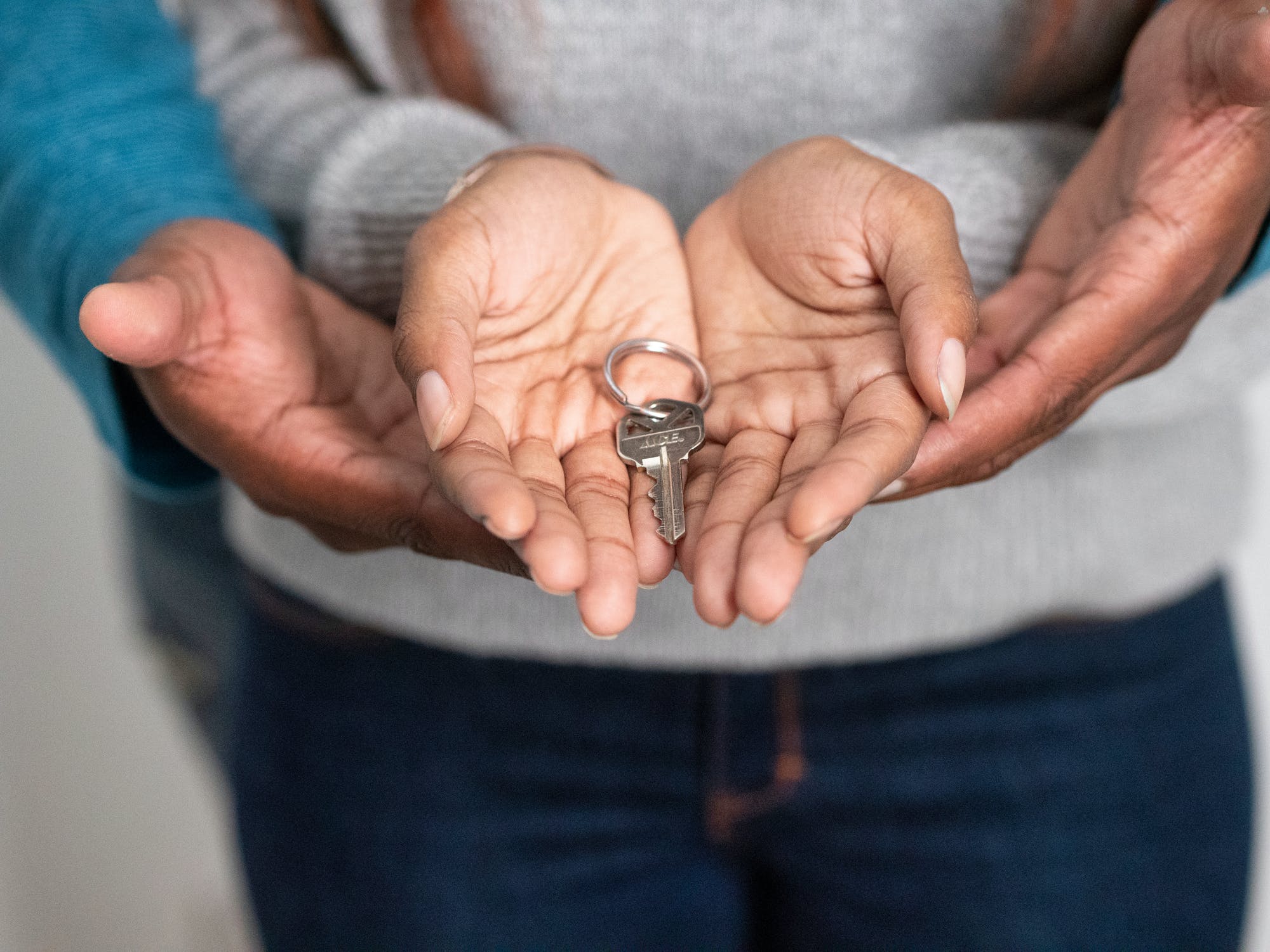
Long Term Buy and Hold
The way you actually make money is a number of different ways. A lot of people think that you have to buy a property, renovate it, and then sell it to be able to get out some money in profit. While you can certainly do that, and in a rising market, that can be a great strategy. The only problem with buying, doing up and selling on, is what we call flipping property, is it once you’ve sold it, you’re never going to make any more money from that property. You’re crystallising the profit and you’ve got to go and buy another property and do it again to make more money. That’s why I prefer long-term buy and hold. What that means is that we buy a property and we might add some value to it, but we’re not planning to sell it. We make money every month from the rental profits and also for the long term capital growth.
“Whatever you pay on the mortgage, and all the costs that are involved, that should be less than the rental income that comes in every month.”
Rental Profit of Your Investment Property
Let’s talk a little bit about that rental profit now. So the idea is that you buy a property in an area that has got a good, strong demand so people want to live there. You can check that by speaking to local letting agents to see what kind of properties people want and how much they’re paying for it. Whatever you pay on the mortgage, and all the costs that are involved, that should be less than the rental income that comes in every month. There should then also be some profit left over for you every month, and that’s your cash flow, the positive cash flow. So we look at how much is the rent? Might be £800 a month, take off the mortgage, which might be £350. Maybe the management is another £150, so it’s £500 plus £50 pounds for insurance. So maybe the total cost is £550. The rate is 800, that then makes us £250 per month. So most people start with what’s called a Single Let property. That’s where you have a house or an apartment or a flat and you rent it to either a single person or a young couple or a family or an old person, but it’s all on one contract, Now that tenant is responsible to pay all the bills. They pay the council tax, they pay the gas, electric and water.
What you pay as a landlord is the mortgage, the insurance, and you must have Buy to Let insurance. So if someone has an accident in your property, and they try to sue you, you will have public liability insurance to cover that. Also if the property burns down, you want to make sure that there’s money to cover the cost of that. So you must have insurance in place. Then there’s also a management fee. A lot of people worry about collecting the rent and doing those kinds of things. You can get a letting agent to do that for you. Now, a letting agent will typically charge about 10% of the rental income. They will charge that on a monthly basis to look after the property, to take the calls about any maintenance that’s required and also to collect the rent and they then pass on to you.
If you have a newer property, there’ll be less work to do. If you have an older property, there will be maintenance. You’ve got to factor that in as well. If it’s a freehold property, you’ve got nothing to pay, but if it’s a leasehold property, often apartments or leasehold properties, you might have a service charge to pay. That’s something you pay to the freeholder which is covering the cost of the electricity or cleaner for the communal areas. You might have a fund that puts money into cover maintenance on the property and fixing the roof, those kinds of things.
So if you have a leasehold property, bear in mind you’re always going to have a service charge that you need to pay, which helps contribute to the communal facilities. After working out all these costs, add them together, and that must be less than the rental income that comes in.
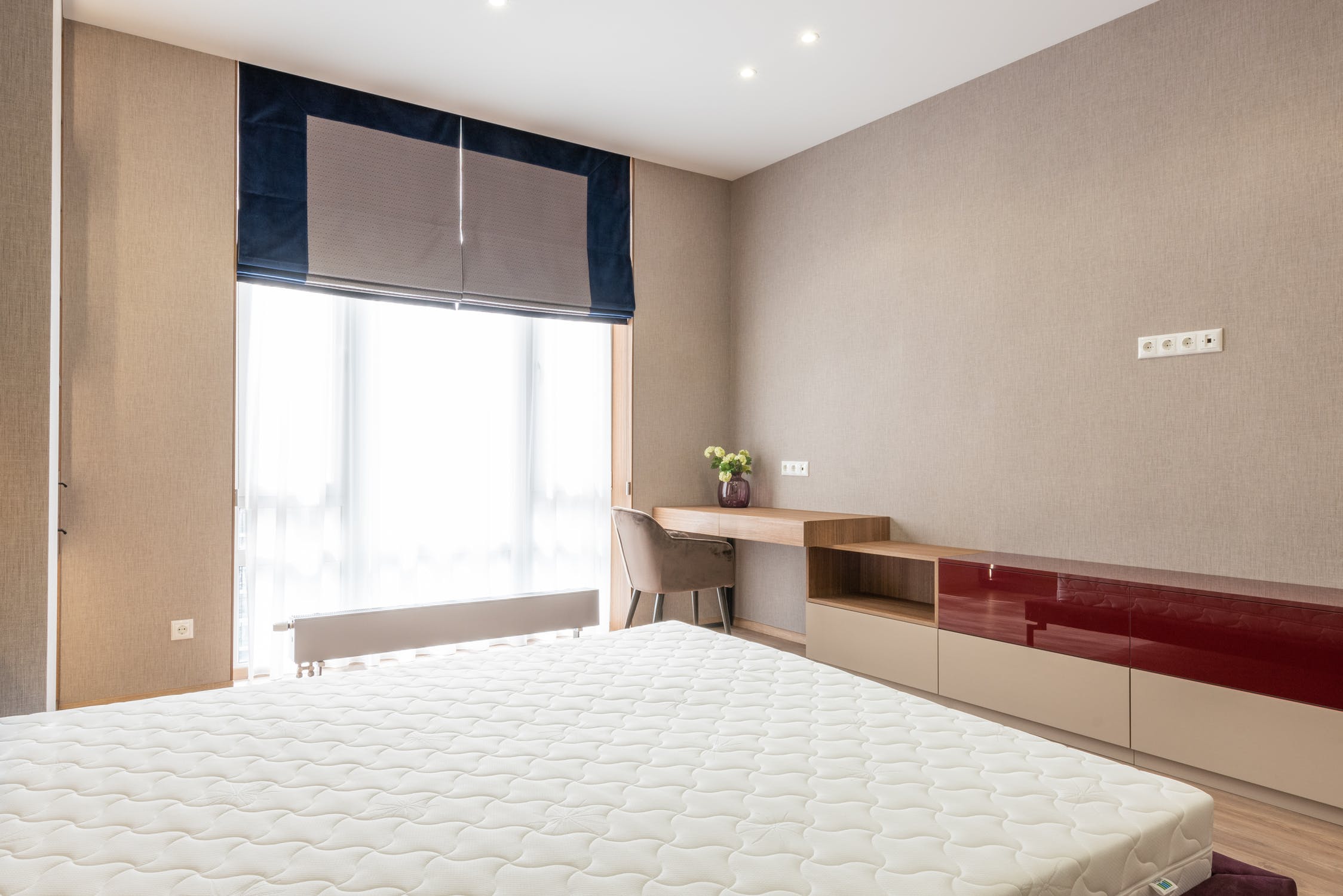
HMOs – Houses of Multiple Occupation
If you have a Single Let property which is what most investors have, you might make anywhere between a hundred to a couple of hundred pounds a month. You can maximise the rental income by a more advanced strategy called HMO Property Investing (Houses of Multiple Occupation). This Is where instead of having one single tenant on one contract, you might have a large house that’s got a number of bedrooms and you rent the individual bedrooms out to people, each person has their own single let contract. So you might have five people in the property, each with an individual AST (Assured Shorthold Tenancy) contract. That’s the standard contract we have in England. They then rent the property from you.
In that scenario where it’s a House of Multiple Occupation, you will get the tenants paying you one amount each month. It includes the bills, which you as the landlord pays. There’s an important difference, with a Single Let property, where the tenant pays the bills and a HMO where you pay the bills, the gas, the electricity, the TV licence, the broadband internet, the council tax for the whole house as well. A HMO is a more advanced strategy, but you can absolutely learn how to do HMO’s to achieve a much higher cash flow.
Often when people are new, they think, well maybe I should get a Single Let property. They want to try that out themselves, then move on to a more advanced HMO. I kind of understand that thinking, but my view is why on earth would you tie up some deposit money in the property and only make a couple of hundred pounds a month, when you could get a HMO and make a thousand pound profit a month? Yes, you heard me right, an HMO could make a thousand pounds, maybe more, two, even £3,000. So the great thing is you don’t need many of these HMOs to replace your income, whereas you might need a lot more Single Let properties to replace your current income.
How Do I Buy These Properties?
This leads on to the question of, how do you go about actually buying these properties? There are two things to think about. We need to think about the mortgage and we need to think about the deposit as well. So let’s talk about the mortgages first of all. Now, when you get an investment property, you get what’s called a Buy to Let mortgage. It’s different from your own home mortgage, which is a residential mortgage. There are some key differences here. First of all, with a Buy to Let mortgage, you’ve got permission from the mortgage company to rent that property. That’s the whole point.
You’re not supposed to live there, you’re renting out. Whereas on a residential mortgage, it’s for you to live in the property. Also, when you do a Buy to Let mortgage, you get typically a 75% loan-to-value. So let’s say the value of the property is £200,000, that’s what you’re buying it for. You can get a 75% mortgage which would be £150,000. With a residential property, it’s based very much on your personal income because they want to make sure when you’re living there, you could afford to pay the mortgage every month.
Now you might get a higher loan-to-value. You might be able to get a 90, even a 95% mortgage but the higher loan-to-value, the less money you’re putting in. This will mean a higher interest rate on your own home. Another key difference on mortgages is that your home mortgage might be a repayment mortgage, which means in 10, 20 years, the mortgage is paid off. You pay some interest in capital each month, whereas with a Buy to Let mortgage, you don’t really want to worry about paying that off. This is because let’s say you hold the property for 20 years, and the value has gone up significantly, you could sell the property or refinance and take out another mortgage. In fact, you’ll probably do it much sooner than 20 years. With your own home, your age is going to affect whether you can get a mortgage or not. Remember your rental property, you’re not the person living there. You’re not the person paying the mortgage. You’ve got the tenants who are covering the cost of mortgage for you. So even if in your 70s, you can still get a mortgage on a Buy to Let property.
“Here’s the reality. At some point, most people run out of their own money. So even if you have money or maybe you don’t have much money right now, that’s not a problem.”
So that’s mortgages. Let’s talk a little bit about deposits. This where a lot of people get stuck. They think, oh, well, I don’t have enough money to put down as a deposit. But deposits can come from many different places. You may have some savings. Maybe you’ve worked hard, you’ve saved some money and you could use that as a deposit. Maybe you have equity, maybe you have your own home, maybe you’ve inherited a property. Those properties can be refinanced, and can be remortgaged. You can take some money out and that money can be used as a deposit. Maybe you’ve got money in a business. You’ve got a successful business and many successful business owners recognise that leaving money in their business account is not doing any good for them. Instead, they can borrow the money as a director’s loan, and use it in property. They do need to pay it back, so don’t pay tax on it, but you’re going to actually pay your company an interest rate for borrowing the money to use. Also, people might sell shares, they might sell businesses. Again, a lot of people use that kind of money to invest into property.
Here’s the reality. At some point, most people run out of their own money. So even if you have money or maybe you don’t have much money right now, that’s not a problem. When you learn how to find really good property deals, you will understand that there are other people who don’t know how to find good property. Or people who don’t understand how it works, and you could potentially borrow money from them to act as your deposits for when you buy property. Don’t worry about running out of money. It’s going to happen to everyone at some point, you just need to learn how to find really good deals.
Growing Your Portfolio
Finally let’s talk about growing your portfolio. You might have some money for one or maybe two properties. What most people do is they buy a property then they wait. They wait for property prices to go up. Now property prices don’t always go up. They come up and they come down. The property market, just like any other market is cyclical. Instead of trying to wait for the best time to buy, I believe as long as you know what you’re doing, educate yourself and do your due diligence – buying right now is always a good idea. As long as it gives you positive cash flow and you can rent it out.
Sometimes people worry, but what happens if prices come down? Am I going to lose money? Well, you don’t lose any money until you actually sell the property. As long as you can always rent it out, as long as they’re making cash flow, why on earth would you sell if the values come down anyway? Holding property long-term and allowing for prices to go up is the best thing to do. Why do prices go up long term? Well in the UK we live on this little island, it’s a very popular place to live with an increasing population and a limited amount of accommodation. The government figures out we need about 300,000 new homes every single year to keep up with the demand. In reality, we’re only building 200,000 a year. Therefore there is not enough supply thus long-term prices and rents also go up over time. So what you can do is as the value goes up, the investment properties you’ve got, instead of trying to pay them off, you might re-mortgage them. Take some money out, get some deposits to go and buy some more property.
There’s an advanced strategy that we teach our students called Momentum Investing. That’s where you buy your property at a discount. You then add some value to it through refurbishments. What you’re doing is forcing appreciation. You’re forcing the value up. So instead of having to wait years and years to re-mortgage, you could remortgage after six months, pull your money out and go and buy another property. That’s how many of my students very quickly build up a portfolio and quickly replace their income.

